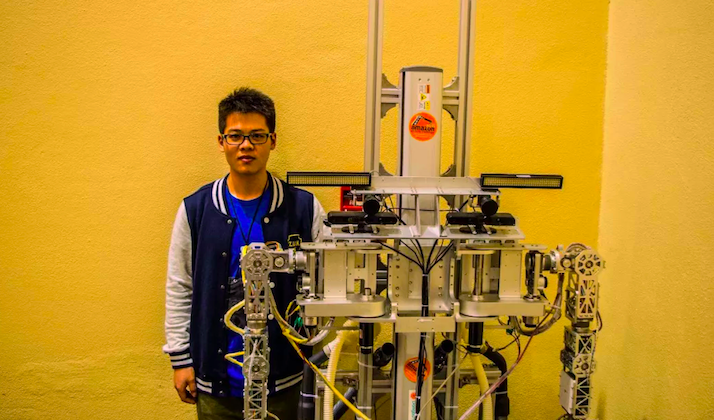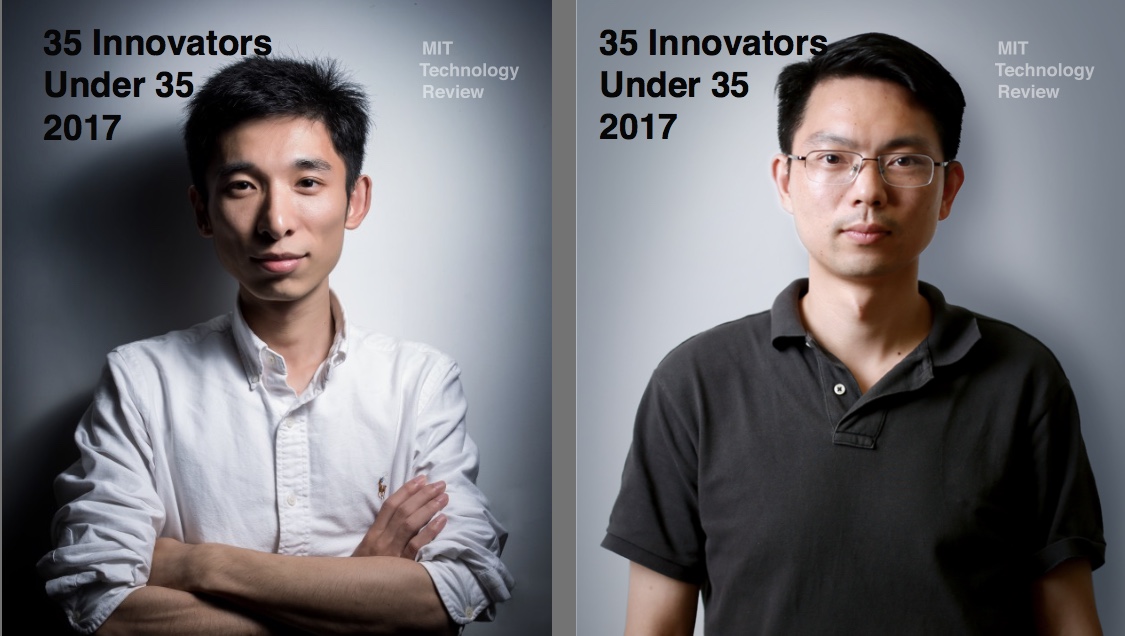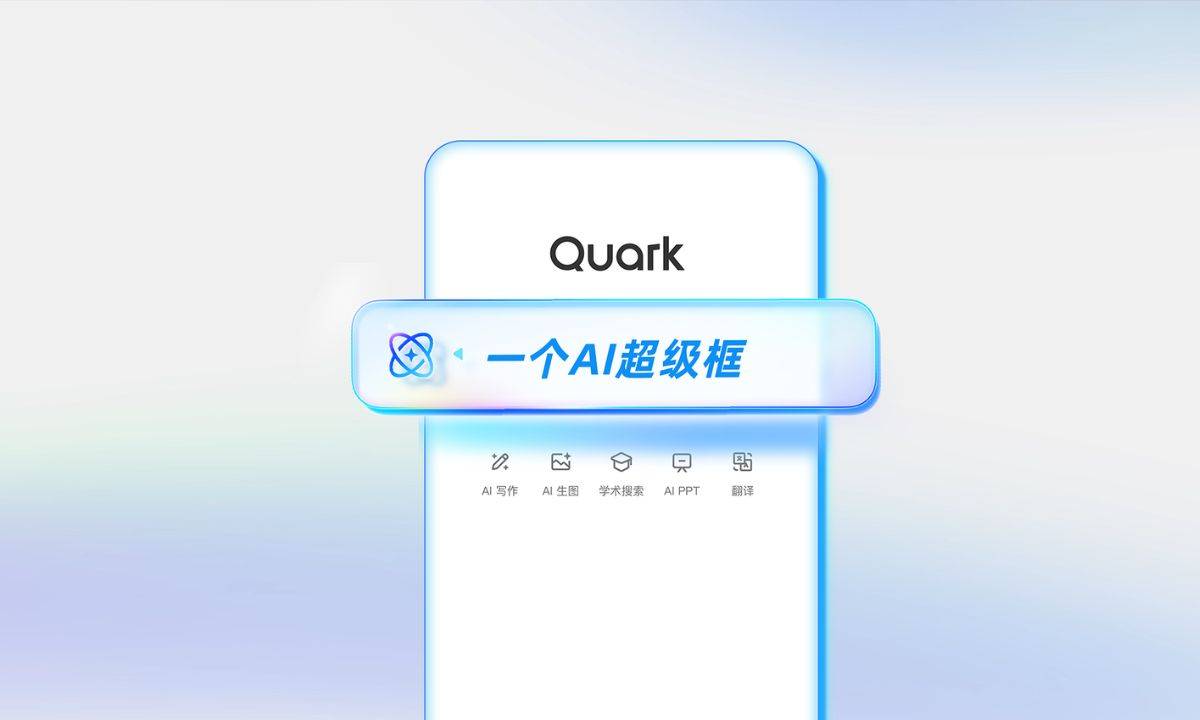
Meet 23-year-old algorithm engineer Hu Jin, the youngest recruit to Alibaba Group’s DAMO Academy, the tech giant’s US$15 billion global program dedicated to tackling ambitious, high-impact research projects.
The Jiangxi-born scientist is considered somewhat of an engineering prodigy, enrolling in university at the tender age of 14. Four years later, he started his doctoral studies at China’s prestigious Zhejiang University. In June, Hu received his Ph.D. in control engineering, a discipline focusing on the modeling and control of dynamic systems (such as mechanical systems). He joined Alibaba full-time last month, where his main responsibilities involve exploring cutting-edge driverless technology with a team led by Wang Gang, a leading scientist at Alibaba AI Labs.
“[What attracted me to Alibaba] was the driverless vehicles program. I’m interested in this technology, and it’s also a field I’m more familiar with‚ĶThe research team here at Alibaba is known for their experience and expertise,” said Hu.
“Cars can bring a bigger impact to society,” Hu said, explaining his choice to focus on vehicles rather than other robotic applications. “Automated cars could help shorten commute time, so people can spend that time elsewhere. It will eventually boost traffic efficiency overall, cutting down the time we lose in congestion.”
Today, his typical day may range from developing autonomous decision-making systems, taking self-driving cars out on open-road tests—perfecting the way the car avoids obstacles, changes lanes, responds to traffic lights and overtakes slower-moving vehicles—to designing simulators to run algorithms for vehicle dynamics, saving his team several hours of testing time on roadways each day.
WATCH: Alibaba at CES 2018
Hu’s journey to the heart of China’s rising tech hub, began with his love of robotics. He traced back his fascination to watching the British TV series Robot Wars for the first time when he was about 6 years old, and later on, the popular sci-fi franchises Transformers and Gundam. This passion remained throughout college, where he began building robots of his own—one of which ranked among the top five in Amazon’s global robotics challenge in 2015.
A big difference between doing research at university and in a corporate lab, for Hu, is the ease of finding resources like equipment and hardware components. Outside of work hours, Hu makes time for personal research interests and big ideas.
“I try to squeeze in time to write academic papers‚ĶPart of my job is also about delving into cutting-edge literature and findings and leveraging that to optimize our system. This is a rare opportunity I might not have if I were in any other unit or company,” he said.



“Hu Jin is wise beyond his years. He might be young, but he has a mature understanding of his career plan and field of research,” said Wang Gang, adding that his strong curiosity and interest in advanced artificial intelligence are strong signals of researchers with staying power.
“Especially driverless cars—Hu has a particularly passion for [the technology]. He sincerely believes in the future of driverless vehicles, and he’s willing to put in the hard work to achieve that. That’s one of his traits that really caught my attention,” he added.
“Empowering employees to become a better version of themselves is an important part of Alibaba’s culture, so when we hire talent we don’t focus as much on experience as we do on their potential, and whether they have the drive to improve and develop themselves towards realizing that,” said Wang. “And when they do, we’re more than happy to provide the opportunity.”
In June, Alibaba said it was looking to hire 200 young scientists globally in three years, specifically seeking doctoral degree-holders in fields including machine intelligence, Internet of Things, operating systems, database systems and human-computer interaction.
The Alibaba DAMO Academy program, which the company launched in October last year, is a linchpin in Alibaba’s ongoing efforts to broaden its technological expertise beyond e-commerce. DAMO aims to open laboratories in seven cities around the world: Beijing and Hangzhou in China; San Mateo and Bellevue in the U.S.; Moscow, Russia; Tel Aviv, Israel; and Singapore, as well as to recruit 100 researchers from around the world.




